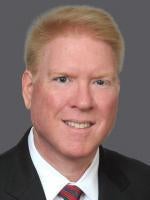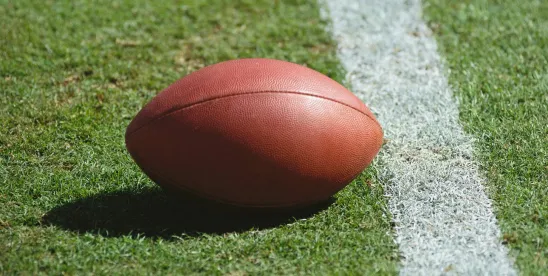A new national holiday? If football fans had their way, the day after the Super Bowl would be declared work-free! Millions of football fans across the United States will be tuning into the Super Bowl on Sunday, February 9, 2025, in what has become an annual national tradition. But with so much attention and excitement for the “Big Game,” employers may face a host of employment issues, from absences on the Monday after to sports betting and other potential workplace distractions.
Quick Hits
- Employers may want to proactively address the potential for increased absenteeism on the Monday following the Super Bowl, often called “Super Sick Monday.”
- With heightened excitement leading up to the game, employers may want to address the potential for distractions and loss of productivity.
The National Football League’s (NFL) Kansas City Chiefs will play the Philadelphia Eagles in Super Bowl LIX in New Orleans, Louisiana. Surveys show that 75 percent or more of Americans plan to watch the game. Notably, in a 2024 survey of more than 3,000 U.S. residents by Siena College Research Institute (SCRI) and St. Bonaventure University’s Jandoli School of Communication, 50 percent of respondents indicated they support making the Monday following the Super Bowl a paid day off work.
Here are some potential employment issues around the Super Bowl that employers may not want to punt on addressing.
Watching for ‘Super Sick Monday’
The day after the Super Bowl, often referred to as “Super Sick Monday,” is notorious for high absenteeism and tardiness. Employers may want to anticipate this and consider implementing strategies to mitigate its impact. One course of action for employers would be to remind employees of the organization’s attendance and paid time office and sick leave policies. Other employers—particularly those in the Kansas City and Philadelphia areas, where many are expected to be watching and rooting on their hometown teams—may want to consider flexible scheduling or remote work options for the Monday following the game. Additionally, employers in and around the winning city may want to consider similar steps to prepare for potential absences for the typical championship parade.
Addressing Workplace Distractions
In the days leading up to the Super Bowl, employees may be more distracted than usual, discussing game predictions, organizing office pools, or planning game-day parties. While fostering a sense of camaraderie can be beneficial, employers may want to set clear expectations regarding productivity and/or encourage employees to enjoy the festivities during breaks or lunch hours. Some employers may want to organize a fan event, such as encouraging employees to wear clothes supporting their favorite team or a Super Bowl-themed luncheon. Such company-wide events provide employees with an outlet to express their excitement while maintaining productivity and can also be opportunities for employers to boost employee engagement and morale.
Handling Office Pools and Gambling
Office pools, squares, or other wagering games are always popular for the Super Bowl. These activities can foster camaraderie and communication among the workforce and raise concerns for employers. While the legalization of sports betting has spread rapidly in recent years, the practice is legal and operational in only thirty-eight states and Washington, D.C., as some major states, including California, Texas, and Georgia, are still on the sidelines. As such, employers may want to remind employees of their policies on gambling in the workplace. Employers may further want to avoid company-sponsored office pools or wagering games. If they do, employers may need to ensure that they are conducted in a manner that complies with state and federal laws and that participation is voluntary.
Next Steps
The Super Bowl is a time of excitement and celebration, but it can also present challenges for employers. By proactively addressing these issues employers can maximize and maintain employee morale and productivity.





 />i
/>i

